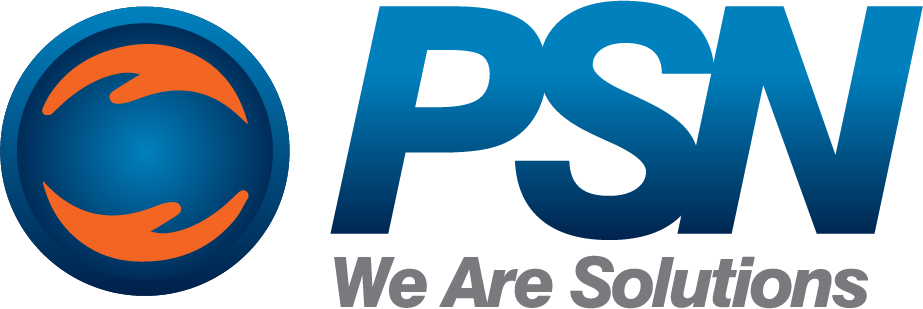Utilization Management (UM) nursing has generalized standardized job roles and tasks, and the role is complex and varied with many specialties and subspecialties. As a UM Quality Manager, I’ve been involved with UM nursing programs in every area of inpatient and outpatient health care.
My experience in UM specialties has included maternity/delivery, child development, bariatric, orthopedic and other complex surgeries, outpatient services such as rehab and psychiatric therapies, cancer treatments, pharmaceuticals, and (very interesting) DME with a subspecialty in orthotics and prosthetics. Regardless of the specialty, at the core, UM nursing is the process of evaluating the appropriateness of healthcare services. Mostly employed in managed care organizations, UM nurses evaluate complex aspects of health care services, guided by the UM goals of identifying the right care, by the right provider, at the right time, and in the right amount.
Similar to case managers, the UM nurse is integral to patient safety and advocacy. Because UM nurses also access medical records, they can evaluate the patient’s clinical status and response to therapies, often recommending more, less, or alternative care from what was originally ordered. While patients often don’t welcome the UM role of revising services that their doctor ordered, most patients appreciate the opportunity for an unbiased, individualized, second opinion.
UM nurses are specialists and subspecialists in all areas of health care including behavioral health, medical or physical care, and even dental services. The primary role of UM nurses is to protect patients from services that are ineffective, unsafe, and unnecessarily costly to both the patient and the insurer. As specialized clinicians, UM nurses stay up to date in current standards of care and future therapies and share their information with both providers and patients to achieve an optimal course of treatment. And because UM nurses are still nurses, they are encouragers and teachers, supporting their patients through episodes of complex health needs.
Essential Skills for Utilization Management Nurses
Transitioning to the role of a utilization management nurse requires new practice competencies. These include proficiency in clinical criteria, awareness of regulations that guide the authorization, denial, and appeal process for both consumers and providers, and understanding how medical records are coded for claims processing.
One of the tools UM nurses frequently use is nationally developed criteria which is developed through a review of research and may include statistics on actual cures or improvements achieved by specific procedures. Nationally recognized criteria such as Interqual ® and Milliman Care Guidelines ® (MCG) are frequently deployed by payors to evaluate the medical necessity of the proposed treatment and level of care. Additionally, UM nurses are skilled at interpreting research published by CMS, NIH, and academic medical centers. And, as importantly, the UM review insures that a credentialed and contracted provider will administer the care, adhering to quality standards that protect the patient.
UM nurses must constantly demonstrate that the “right” is measured on the individual member’s clinical status and psychosocial needs; UM nurses, along with their team leaders of physicians (or dentists, or chiropractors), really do have the knowledge and tools to make these judgements. Certainly, patients can and do search on the internet for new treatments and medications, but the information available to them is highly anecdotal or worse, only one sided, expressing the views of non-qualified or inaccurate webpage writers. The primary goal of UM is to refer, approve, and connect the member with the individualized care they need, insuring that the care is safe, as effective as possible, and is sequentially correct in the patient’s plan of care. The UM nurse must tie together the covered benefits and the clinical status of the patient, to determine the best care that is accessible to the patient.
Understanding how Department of Labor regulations for employer sponsored health insurance plans, nuts and bolts of Medicare regulations, and State Medicaid regulations guide the timeliness of the utilization review determination process, and appeals process requires continued training. Often on the job training includes an overview of these requirements, and the timeframes are embedded in the information system to guide the review process. The table below an easy guide.
| Prospective Review (before care takes place) | Urgent 72 hoursNon-Urgent 15 calendar days |
| Concurrent (while care is provided) hospitalization, continuing outpatient services, or home health | Urgent 24 hours within certification period72 hours if outside of certification period |
| Retrospective Review (after care was received) | Within 30 calendar days without an extensionWithin 45 calendar days if an extension applied |
| Expedited Appeal | Within 72 hours of denial |
| Standard Appeal | Within 30 calendar days of request |
Resources for Utilization Review Nurses
American Association of Managed Care Nurses
Center for Medicaid & Medicare Services
Department of Labor
https://www.dol.gov/regulations
Interqual®
https://www.changehealthcare.com/solutions/interqual
Milliman Care Guidelines®
Professional Services Network Staffing & Consulting Services
UM work is not direct patient care – it is primarily conducted using a computer and a telephone. While UM nurses do manipulate a lot of data, the work is highly clinical. In order to gain a clear clinical picture of the patient’s needs, UM nurses talk to patients and read their medical records. As in direct clinical care, UM nurses also must remain current and up-to-date in their specialty. Beyond current therapies, they have to also know what is in the future; UM nurses need to know what is new in clinical research, who is researching it and who is doing it best. Not only is this knowledge valuable in evaluating new therapies as they become available and are requested, but the data generated by UM nurses in tracking new services is valuable information for many insurance operations including actuary and medical coverage policy.
About Robin Boltz
Robin S. Boltz has 28 years in health care administration and delivery including over 17 years of professional managed care roles utilizing her regulatory and care delivery experience. Robin believes that excellent health care is only possible within a culture of exercise, nutrition and literacy and she models this foundational belief through bike riding, hiking and her own continuous learning.
About Professional Services Network, Inc.
Professional Services Network, Inc. (PSN) works with clients nationwide in the search and recruitment of experienced healthcare professionals in managed care and clinical roles for temporary assignments and direct hire opportunities. Additionally, PSN’s consultants work with organizations and providers seeking accreditation or re-accreditation with URAC or NCQA. For additional information regarding our services contact us at 301-460-4089 or email us at [email protected].





